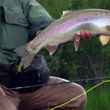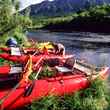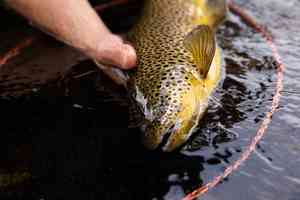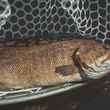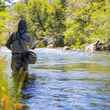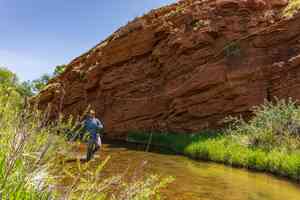Even if you spend a lot of time behind the vice, keeping your boxes filled throughout the year with what the season, destination and conditions demand isn't always the easiest task. For those of us out there that don't tie or rarely find time to run thread through a bobbin, the task may be simpler, but comes at a much higher cost. So it likely goes without saying that the idea of free flies suited to your personal needs as the year evolves is one that will likely pique the interest of virtually every angler out there.
With this in mind, The Fly Stop is currently giving away free flies every month for all of 2014. And we're not talking about a dozen, generic flies shipped your way. Each winner will receive a stout monthly allotment of flies, hand picked by The Fly Stop's staff and tailored to the each winners location and target species for that particular time of year. Whether you're fishing Colorado tailwaters in June or chasing bonefish in the Bahamas in November, you'll get a generous, custom selection of hand-tied flies to match your needs.




